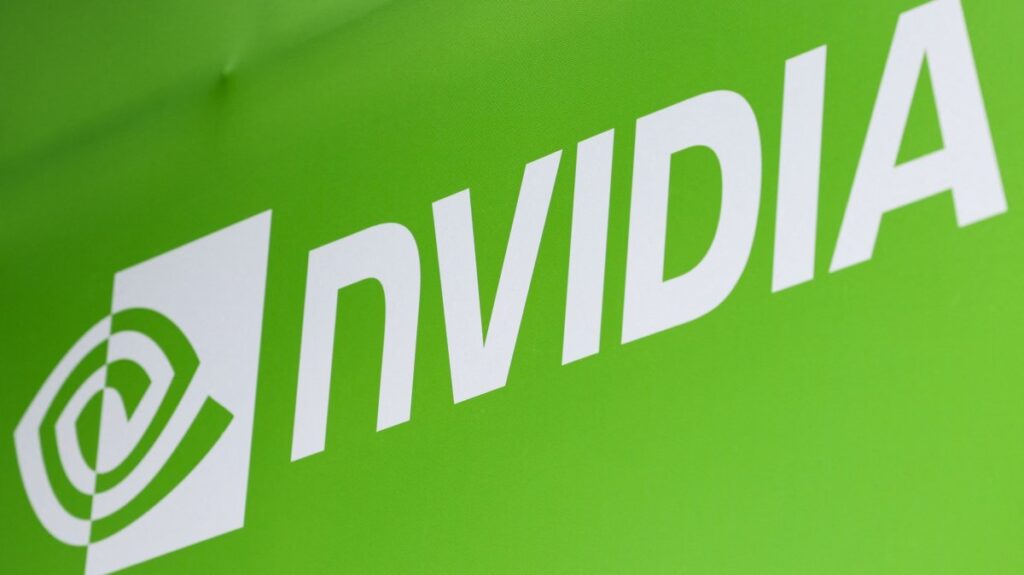China has raised alarm over possible security vulnerabilities in Nvidia’s H20 artificial intelligence chip, just weeks after the U.S. reversed a ban on its sale to the Chinese market. The country’s internet watchdog summoned Nvidia for a meeting to explain whether the chip contains any hidden security risks, signaling growing tensions between technological cooperation and national security.
The concerns primarily center around a U.S. proposal mandating that AI chips sold overseas include tracking and location-verification features. Chinese authorities are wary that such capabilities could compromise national data privacy and user protection. The request for an explanation comes at a time when advanced AI chips are increasingly critical for everything from research to military applications.
Despite the scrutiny, analysts suggest the move may be more symbolic than punitive. It reflects a tit-for-tat dynamic in ongoing tech rivalry, with Chinese regulators echoing the kind of security fears often voiced by U.S. lawmakers. Still, industry experts believe China is unlikely to introduce severe regulatory measures that could significantly disrupt Nvidia’s operations, given the country’s continued reliance on Nvidia’s chips for high-performance computing and AI development.
Demand for the H20 chip remains strong. Nvidia recently ordered 300,000 units from its manufacturing partner, TSMC, underscoring the chip’s strategic value. While local Chinese tech firms are increasingly developing domestic alternatives, these are yet to match the performance and scale of Nvidia’s offerings.
This latest development is part of broader, complex interactions between Chinese regulators and foreign tech companies. In 2023, China restricted purchases from U.S. memory chipmaker Micron over security issues. Similarly, Chinese industry bodies have previously called for reviews of products from other major firms like Intel.
Meanwhile, Nvidia is also under an ongoing antitrust investigation in China related to its acquisition of Mellanox Technologies. Authorities are examining whether Nvidia breached conditions tied to the deal, adding another layer of regulatory pressure.
Though China continues to push for self-reliance in technology, the practical need for high-end AI chips suggests that Nvidia will likely remain an essential supplier in the Chinese market even as both sides carefully navigate the security and political implications.

